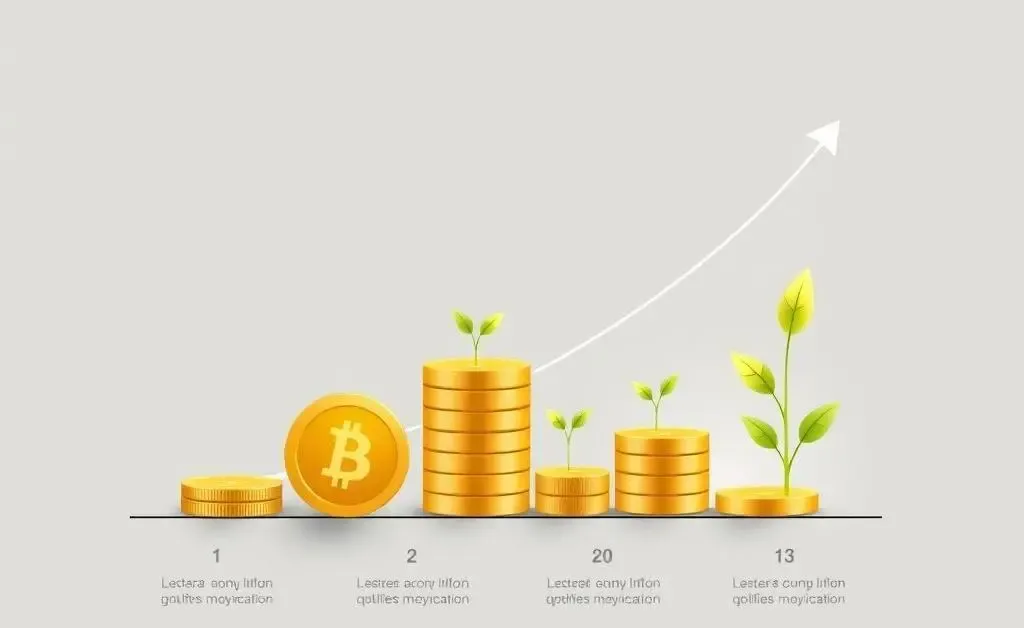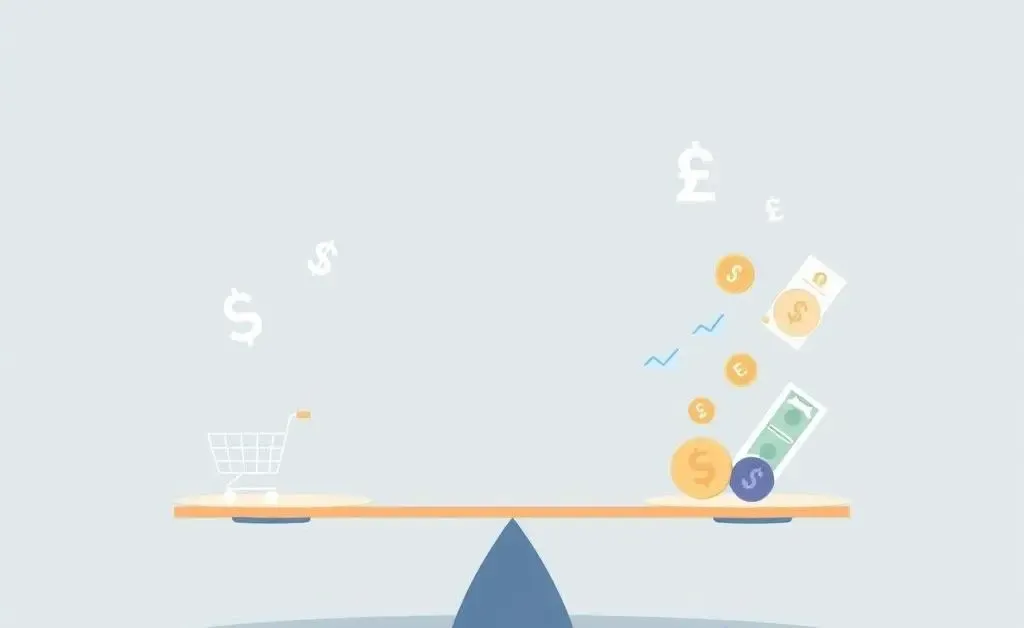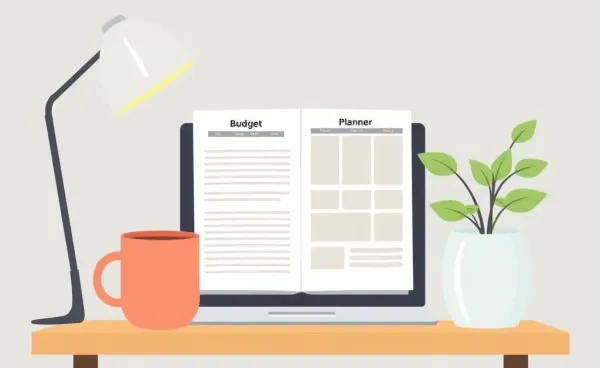Understanding the Ripple Effect of Interest Rate Cuts on Your Finances
Explore how interest rate cuts impact personal finances and investment strategies.

How Do Interest Rate Cuts Affect You?
Have you ever wondered how those headline-making interest rate cuts really impact your day-to-day finances? You're not alone. Our complex financial system often leaves people scratching their heads, but understanding these rates can offer significant personal benefits.
The Direct Impact on Your Wallet
When interest rates drop, borrowing typically becomes cheaper. This can be great news if you've been considering refinancing your mortgage or taking out a personal loan. Lower rates mean you're likely to pay less interest over the life of your loan, effectively keeping more money in your pocket.

Investment Opportunities
Interest rate cuts often signal different opportunities in the investment world. For instance, bonds might not seem as appealing, as their returns are tied directly to interest rates. However, the stock market might see an uptick as companies can borrow cheaply to expand, potentially increasing their profitability and stock prices.

Unexpected Side Effects
But what if you're saving? Lower interest rates generally mean your savings account won't earn as much interest. A friend of mine, Alex, once found this out the hard way. After diligently saving for years, he noticed his new savings were earning far less than anticipated. What Alex discovered was just part of the broader impact of a rate cut.
It's crucial to weigh these effects carefully. You might need to reconsider where you keep your money or seek out higher-yield investment options, like real estate or even the stock market, to make your savings work harder.

Planning for the Future
While lower rates can facilitate immediate financial gains, it's wise to think long-term. These conditions won't last forever. As exciting as that quick relief may seem now, plan out how you can best utilize these reductions to strengthen your financial future. Consider consulting with a financial advisor to explore options that align with your goals.
Conclusion
So, how will you leverage the current financial landscape to your advantage? Whether it's saving, investing, or borrowing, weighing your options with a future-focused mindset could reap rewarding benefits. In the ever-shifting world of finance, what's your next move?




